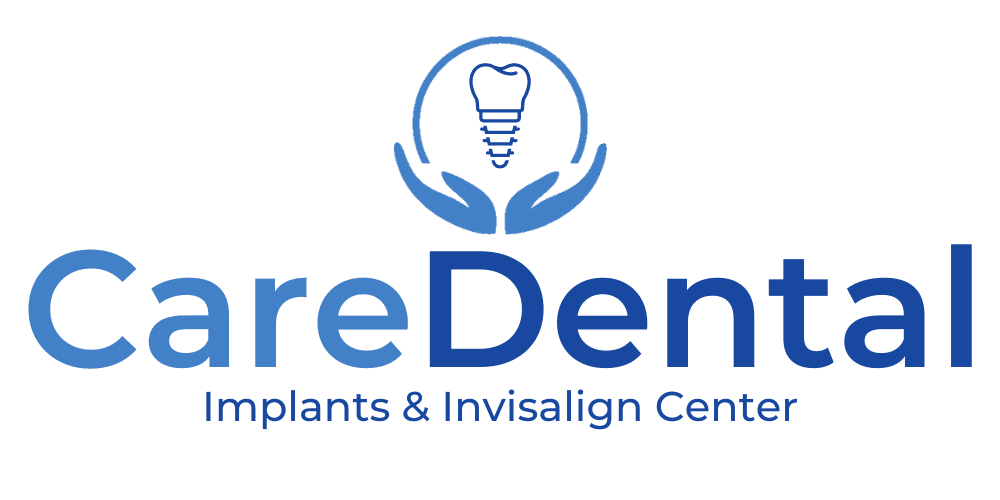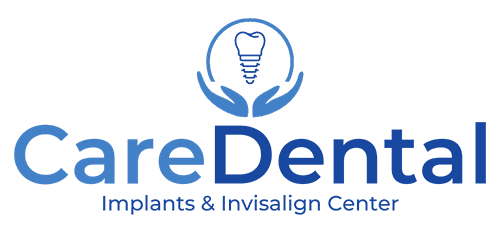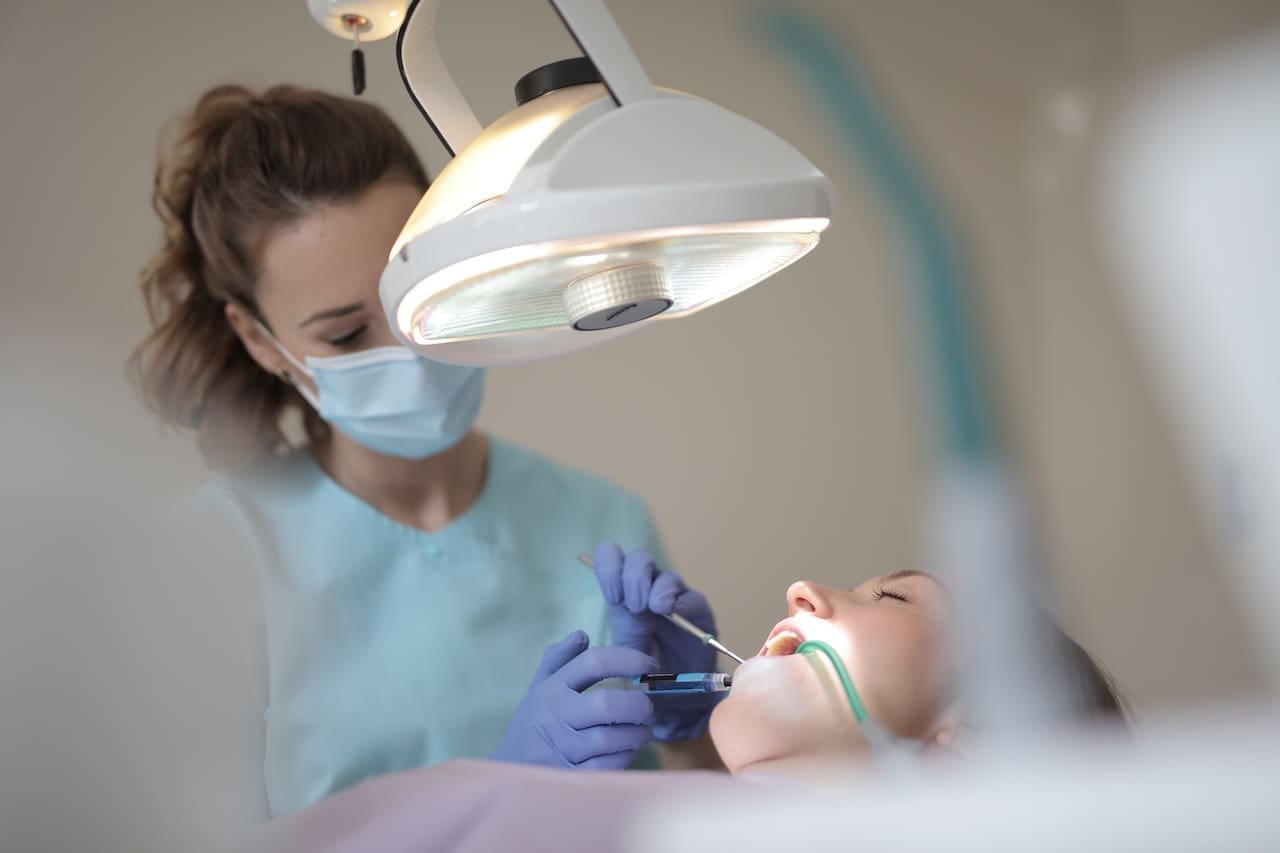Restorative dentistry aims to repair or replace damaged or missing teeth, improving functionality and appearance. The dental crown is one of the most versatile and widely used restorative treatments. Dental crowns, also known as “caps,” are custom-made tooth-shaped coverings designed to restore a tooth’s shape, size, strength, and appearance.
At Care Dental Implants & Invisalign Center in Quincy, MA, Dr. Beniwal and his team of experienced dental professionals are committed to providing comprehensive dental care, including high-quality dental crowns tailored to meet each patient’s unique needs.
Dental crowns can be used to address a variety of dental issues, including:
– Protecting a weak tooth from breaking or holding together a cracked tooth
– Restoring a severely worn down or broken tooth
– Supporting a tooth with a large filling when there isn’t much natural tooth left
– Covering a dental implant
– Improving the appearance of a discolored or poorly-shaped tooth
– Strengthening a tooth after a root canal treatment
Several types of dental crowns are available, each made from different materials and offering unique benefits. In this article, we will delve into the various types of dental crowns, their common uses, and their associated benefits. By understanding the options available, you can make a more informed decision about your oral health and work with Dr. Beniwal to choose the most suitable dental crown for your needs.
Exploring the Different Types of Dental Crowns
Dental crowns can be made from various materials, each with its own set of advantages and disadvantages. It’s essential to understand the differences between these materials to make an informed decision about your dental crown. The most common types include:
1. Porcelain-fused-to-metal (PFM) crowns: These crowns consist of a metal base with a layer of dental porcelain fused on top. PFM crowns offer a combination of strength and aesthetics, closely mimicking natural teeth in appearance. However, the metal base can sometimes cause a grey line to be visible at the gumline.
2. All-porcelain or all-ceramic crowns: Crafted entirely from porcelain or ceramic materials, these crowns provide the most natural-looking appearance and are an excellent option for those with metal allergies. While not as strong as PFM crowns, advancements in dental materials have significantly improved their durability.
3. Gold crowns: Made from a gold alloy, these crowns are known for their exceptional strength and resistance to wear, making them an ideal option for restoring back teeth. The most significant disadvantage of gold crowns is their distinct metallic appearance, which may not be aesthetically pleasing for some patients.
4. Zirconia crowns: Constructed from highly durable and biocompatible zirconia, these crowns are becoming increasingly popular due to their combination of strength and aesthetic appeal. Zirconia crowns can be color-matched to your natural teeth and resist chipping and cracking.
Common Uses of Dental Crowns
Dental crowns offer a versatile solution to a wide range of dental issues. Some of the most common uses for dental crowns include:
1. Restorative purposes: Dental crowns often restore damaged teeth, providing strength, durability, and improved appearance. They can be employed to protect a weak tooth from breaking, hold together a cracked tooth, or restore a severely worn-down or broken tooth.
2. Post-root canal treatment: After a root canal procedure, a tooth becomes more fragile and prone to damage. A dental crown can help strengthen and protect the tooth from further harm.
3. Dental implant restoration: Dental crowns can be used to replace missing teeth by attaching them to dental implants, which are metal posts surgically inserted into the jawbone.
4. Aesthetic improvement: Dental crowns can be utilized to improve the appearance of discolored or misshapen teeth, resulting in a more uniform and aesthetically pleasing smile.
The Benefits of Dental Crowns
Dental crowns offer numerous advantages for patients, including:
1. Enhanced appearance: Dental crowns improve the shape, size, and color of damaged or discolored teeth, resulting in a brighter, more even smile.
2. Increased strength and support: Dental crowns provide extra strength and support for weakened but salvageable teeth, reducing the risk of tooth loss and further dental problems.
3. Durable solution: Dental crowns are long-lasting restorations, with many lasting up to 15 years or longer with proper care and maintenance.
4. Comfort and function: Dental crowns are custom-made to fit snugly over your natural tooth, allowing for a comfortable fit and seamless integration into your bite.
Caring for Your Dental Crown
Like natural teeth, dental crowns require proper care to ensure their longevity. Tips for maintaining your dental crown include:
1. Maintain good oral hygiene: Brushing twice a day, flossing daily, and using mouthwash can help keep your dental crown and surrounding teeth clean and healthy.
2. Visit your dentist regularly: Regular dental check-ups and cleanings allow your dentist to monitor the condition of your dental crown and address any potential issues before they become significant problems.
3. Avoid chewing on hard objects: Biting down on ice, hard candies, or other hard objects can damage your dental crown. Stick to a balanced diet of softer foods to protect your restoration.
4. Wear a mouthguard if necessary: If you grind your teeth or engage in contact sports, wearing a mouthguard can help protect your dental crown from damage.
Conclusion:
Dental crowns are a versatile and beneficial solution for various dental issues, ranging from damaged teeth to missing teeth replacement. By understanding the different types of dental crowns, their uses, and benefits, you can make an informed decision about the most suitable dental crown for your specific needs.
If you’re considering a dental crown or any other dental service, Care Dental Implants & Invisalign Center in Quincy, MA is here to help. Contact us today to schedule a consultation, and let our experienced team guide you on your journey to a healthy and radiant smile.


